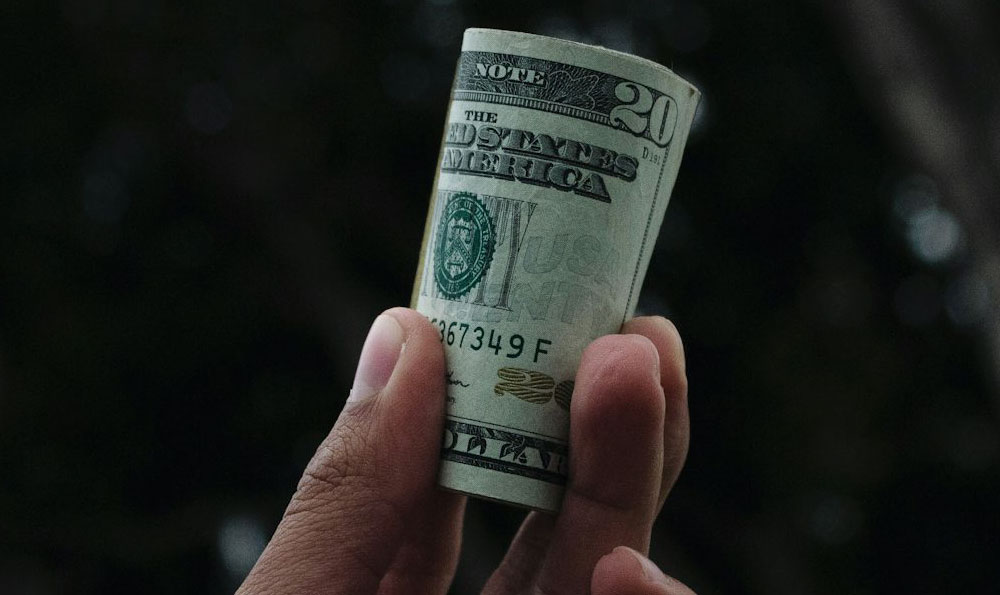Joseph P. Kennedy Sr. was a figure of considerable controversy, but undeniably, a highly successful businessman who built a substantial fortune. His wealth accumulation was a complex process, involving a shrewd understanding of market dynamics, calculated risk-taking, and a certain level of opportunism, often bordering on, and sometimes arguably crossing, ethical boundaries. It is important to remember that his success occurred during a period with significantly less regulatory oversight than exists today.
Kennedy's financial foundation wasn't built from nothing. His father, Patrick Joseph Kennedy, was a successful saloon and liquor importer who instilled in him a strong work ethic and a keen eye for opportunity. This background provided Joseph with a starting point, giving him connections and a basic understanding of business principles, but it was his own drive and ambition that propelled him to significant wealth.
One of Kennedy's earliest and most significant ventures was in the banking sector. After graduating from Harvard University, he began his career in finance, working for a bank in Boston. He quickly rose through the ranks, demonstrating an aptitude for understanding financial markets and identifying lucrative investment opportunities. His understanding of risk assessment and his ability to network with influential figures in the financial world proved invaluable in this early stage of his career. This allowed him to make profitable investments and build a reputation as a rising star in the financial community.

Kennedy's involvement in the stock market during the Roaring Twenties was perhaps his most well-known and controversial source of wealth. He was a keen observer of market trends and understood the psychology of investors. He recognized the speculative bubble that was building in the stock market and capitalized on it by engaging in practices that, while legal at the time, would be heavily scrutinized today. He was known for using tactics like "pool" operations, where investors would collude to artificially inflate the price of a stock and then sell their shares at a profit, leaving other investors holding the bag. He also engaged in short selling, betting against the market and profiting from the inevitable downturn. While these practices contributed significantly to his wealth, they also fueled criticism of his ethical standards. Kennedy maintained he was simply playing the game as it was being played and profiting from the opportunities available to him.
His foresight regarding the impending stock market crash of 1929 is legendary. He reportedly exited the market before the crash, selling off his holdings and avoiding the devastating losses that many others suffered. While the exact details of his withdrawal remain debated, it's undeniable that he emerged from the crash relatively unscathed, with a significant amount of capital at his disposal. This financial stability allowed him to capitalize on the opportunities that arose from the economic downturn.
Following the stock market crash, Kennedy turned his attention to the entertainment industry, specifically the film industry. He recognized the potential of Hollywood and invested heavily in movie studios. He acquired control of Film Booking Offices of America (FBO), a struggling studio, and later merged it with Keith-Albee-Orpheum (KAO) to form Radio-Keith-Orpheum (RKO). This move positioned him as a major player in the burgeoning film industry. His business acumen and negotiating skills were instrumental in consolidating these companies and establishing RKO as a major studio. While his tenure at RKO was relatively short, it proved highly profitable, further adding to his growing fortune. He understood the power of popular entertainment and leveraged his financial resources to gain control of a significant piece of the industry.
Another significant, and highly controversial, aspect of Kennedy's wealth accumulation involved the liquor industry. During Prohibition, the manufacture and sale of alcoholic beverages were illegal in the United States. However, Kennedy, along with many others, allegedly became involved in bootlegging, illegally importing and distributing liquor. The extent of his involvement remains debated, with some historians arguing that he was a major player in the illegal liquor trade, while others contend that his involvement was exaggerated. Regardless of the precise extent of his participation, the allegations of involvement in bootlegging added to the mystique and controversy surrounding his persona. These allegations, whether true or not, contributed to the perception of him as a ruthless and opportunistic businessman willing to exploit any situation for personal gain. After Prohibition ended, he acquired the exclusive U.S. distribution rights for several brands of Scotch whisky, including Dewar's and Gordon's Gin, further solidifying his position in the liquor industry and generating substantial profits.
Beyond these major ventures, Kennedy also invested in real estate, stocks, and various other business enterprises. He diversified his investments, spreading his risk and maximizing his potential for returns. His ability to identify undervalued assets and capitalize on emerging trends was a key factor in his continued financial success. He also understood the importance of building relationships and cultivating connections with influential figures in various industries. These connections provided him with access to information and opportunities that were not readily available to others.
In conclusion, Joseph P. Kennedy Sr.'s wealth accumulation was a multifaceted process driven by a combination of financial acumen, calculated risk-taking, and a willingness to exploit opportunities. From his early career in banking to his involvement in the stock market, the film industry, and the liquor business, he demonstrated a remarkable ability to identify and capitalize on emerging trends. While some of his business practices were controversial and arguably unethical, they were, for the most part, legal at the time and contributed significantly to his vast fortune. His legacy remains a subject of debate, but his financial success is undeniable. He was a complex figure who navigated a rapidly changing economic landscape with a shrewdness and ambition that few could match.












